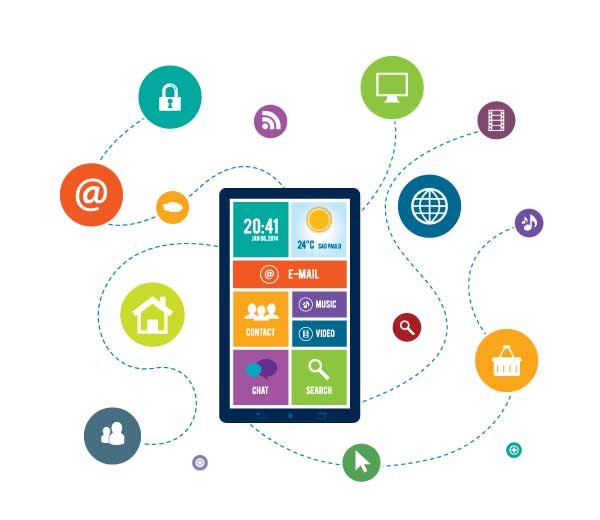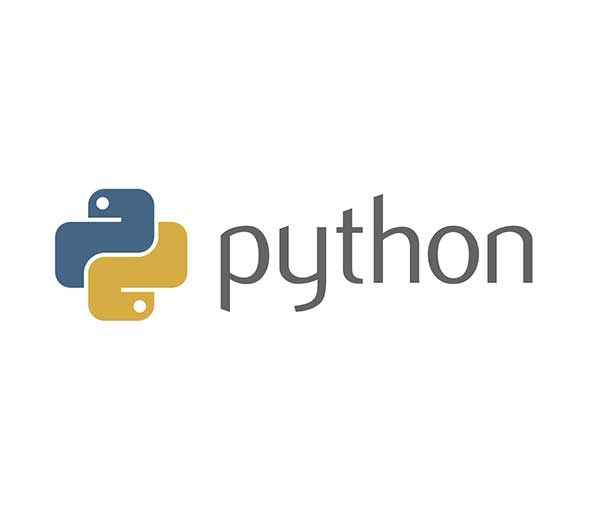
Business analytics
Business analytics (BA) refers to the skills, technologies, practices for continuous iterative exploration and investigation of past business performance to gain insight and drive business planning. Business analytics focuses on developing new insights and understanding of business performance based on data and statistical methods. In contrast, business intelligence traditionally focuses on using a consistent set of metrics to both measure past performance and guide business planning, which is also based on data and statistical methods.(citation needed)
Business analytics makes extensive use of statistical analysis, including explanatory and predictive modeling, and fact-based management to drive decision making. It is therefore closely related to management science. Analytics may be used as input for human decisions or may drive fully automated decisions. Business intelligence is querying, reporting, online analytical processing (OLAP), and ?alerts.?
In other words, querying, reporting, OLAP, and alert tools can answer questions such as what happened, how many, how often, where the problem is, and what actions are needed. Business analytics can answer questions like why is this happening, what if these trends continue, what will happen next (that is, predict), what is the best that can happen (that is, optimize).
Business analytics depends on sufficient volumes of high quality data. The difficulty in ensuring data quality is integrating and reconciling data across different systems, and then deciding what subsets of data to make available.
Previously, analytics was considered a type of after-the-fact method of forecasting consumer behavior by examining the number of units sold in the last quarter or the last year. This type of data warehousing required a lot more storage space than it did speed. Now business analytics is becoming a tool that can influence the outcome of customer interactions. When a specific customer type is considering a purchase, an analytics-enabled enterprise can modify the sales pitch to appeal to that consumer. This means the storage space for all that data must react extremely fast to provide the necessary data in real-time.
Business analytics is comprised of solutions used to build analysis models and simulations to create scenarios, understand realities and predict future states. Business analytics includes data mining, predictive analytics, applied analytics and statistics, and is delivered as an application suitable for a business user. These analytics solutions often come with prebuilt industry content that is targeted at an industry business process (for example, claims, underwriting or a specific regulatory requirement).
Customer Analytics
Data about our browsing and buying patterns are everywhere. From credit card transactions and online shopping carts, to customer loyalty programs and user-generated ratings/reviews, there is a staggering amount of data that can be used to describe our past buying behaviors, predict future ones, and prescribe new ways to influence future purchasing decisions. In this brand new course, four of Wharton?s top marketing professors will dive deeper into the key areas of customer analytics: descriptive analytics, predictive analytics, prescriptive analytics, and their application to real-world business practices including Amazon, Google, and Starbucks to name a few. By the end of this course, you?ll understand how data is used to describe, explain, and predict customer behavior; best practices for using this data to prescribe more effective business strategies; and how successful companies are currently using such data to meet (and shape) customer needs, and to increase their bottom line in the process. This course has been designed to help you make better business decisions about emerging data structures, so that you can apply what you?ve learned to your own company or business today.
Operations Analytics
This course is designed to impact the way you think about transforming data into better decisions. Recent extraordinary improvements in data-collecting technologies have changed the way firms make informed and effective business decisions. The course on operations analytics, taught by three of Wharton?s leading experts, focuses on how the data can be used to profitably match supply with demand in various business settings. In this course, you will learn how to model future demand uncertainties, how to predict the outcomes of competing policy choices and how to choose the best course of action in the face of risk. The course will introduce frameworks and ideas that provide insights into a spectrum of real-world business challenges, will teach you methods and software available for tackling these challenges quantitatively as well as the issues involved in gathering the relevant data.
People Analytics
People analytics is a data-driven approach to managing people at work. For the first time in history, business leaders can make decisions about their people based on deep analysis of data rather than the traditional methods of personal relationships, decision making based on experience, and risk avoidance. In this brand new course, three of Wharton?s top professors, all pioneers in the field of people analytics, will explore the state-of-the-art techniques used to recruit and retain great people, and demonstrate how these techniques are used at cutting-edge companies. They?ll explain how data and sophisticated analysis is brought to bear on people-related issues, such as recruiting, performance evaluation, leadership, hiring and promotion, job design, compensation, and collaboration. By the end of this course, you?ll understand how and when hard data is used to make soft-skill decisions about hiring and talent development, so that you can position yourself as a strategic partner in your company?s talent management decisions. Organizations flourish when the people who work in them flourish. Analytics can help make both happen. This course in People Analytics is designed to help you flourish in your career, too.
Accounting Analytics
Accounting Analytics explores how financial statement data and non-financial metrics can be linked to financial performance. In this course, taught by Wharton?s acclaimed accounting professors, you?ll learn how data is used to assess what drives financial performance and to forecast future financial scenarios. While many accounting and financial organizations deliver data, accounting analytics deploys that data to deliver insight, and this course will explore the many areas in which accounting data provides insight into other business areas including consumer behavior predictions, corporate strategy, risk management, optimization, and more. By the end of this course, you?ll understand how financial data and non-financial data interact to forecast events, optimize operations, and determine strategy. This course has been designed to help you make better business decisions about the emerging roles of accounting analytics, so that you can apply what you?ve learned to make your own business decisions and create strategy using financial data.
Business Analytics Capstone
The Business Analytics Capstone Project gives you the opportunity to apply what you?ve learned about how to make data-driven decisions to a real business challenge faced by Yahoo, a global technology company. At the end of this Capstone, you?ll be able to ask the right questions of the data, and know how to use data effectively to address business challenges of your own. You?ll understand how cutting-edge businesses use data to optimize marketing, maximize revenue, make operations efficient, and make hiring and management decisions so that you can apply these strategies to your own company or business. Designed with Yahoo to give you invaluable experience in evaluating and creating data-driven decisions, the Business Analytics Capstone Project provides the chance for you to devise a plan of action for optimizing data itself to provide key insights and analysis, and to describe the interaction between key financial and non-financial indicators in Yahoo?s strategy. Once you complete your analysis of Yahoo?s actions, you?ll be better prepared to make better data-driven business decisions of your own.




